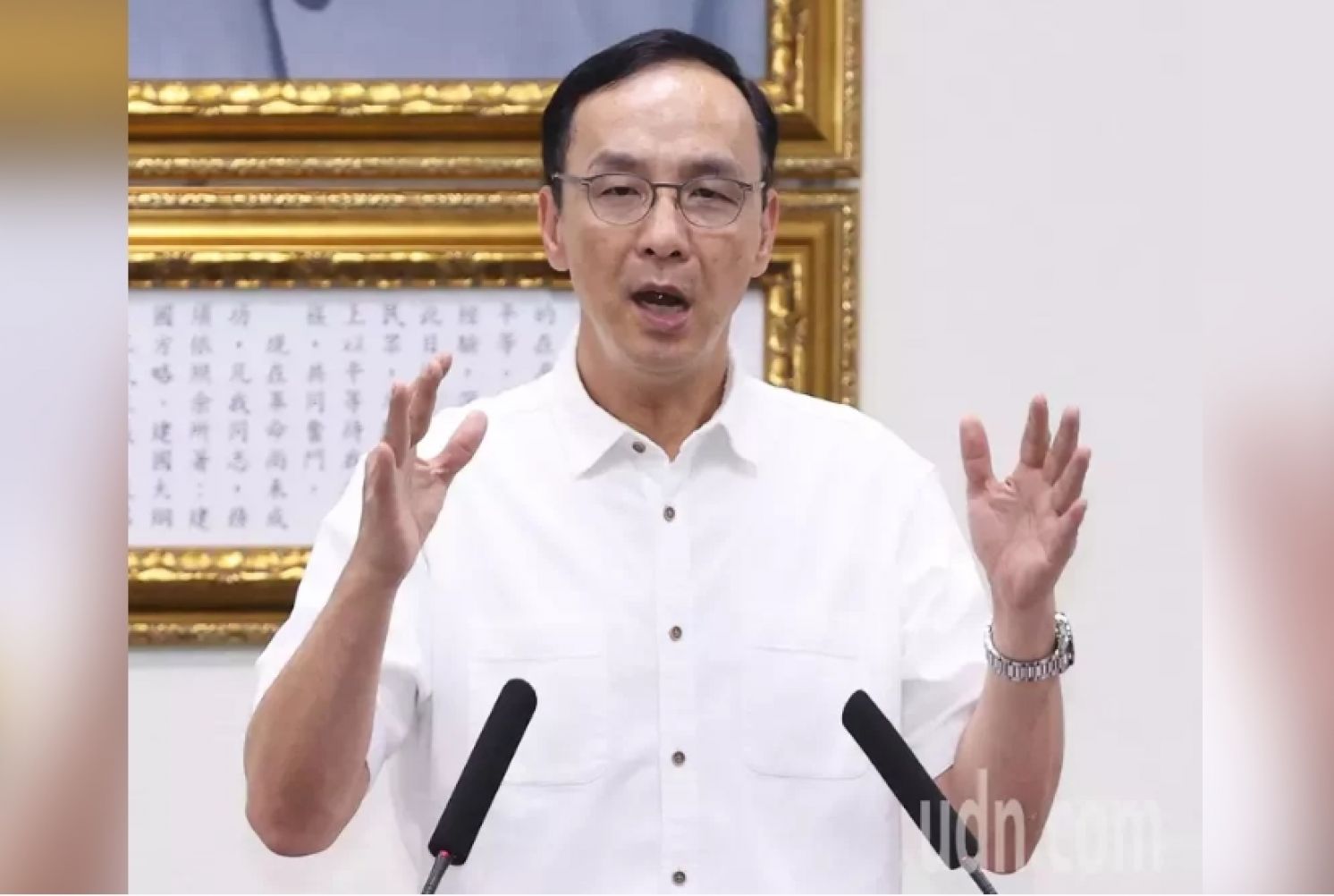
Mystery Behind "Grand Coalition" Proposal
By Chang Ching-wei
China Times, July 25, 2023
After the Kuomintang’s (KMT) National Congress successfully eliminated internal dissents that demanded replacing the party candidate for the next presidential elections, Chairman Eric Chu for the first time shouted out the campaign slogan of forming a “grand coalition for governing." However, Chairman Ko Wen-je of the Taiwan's People's Party (TPP), who is the main prospective coalition partner of the KMT, stated that "the discussion of policies, values, and ideas is more important than the allocation of power" in response to suggestions of a coalition. Previously, various forms of coalition have been discussed and dissected and talks of coalition have become a hot topic for discussion. However, the various discussions about forming coalitions don't focus on the same things.
From Chu, Ko, to legislator candidate Lo Chih-chiang and Legislator Cheng Li-wen have all raised similar campaign slogans. Such calls for a coalition can be divided into two main types: the first is a series of slogans aimed at garnering support from voters, with calls for a “non-green” alliance opposed to the ruling Democratic Progressive Party (DPP) marketed to voters in order to win the most votes; the second consists of terms that meet the operational tactics of forming a governing coalition according to the principles of political science, which mainly focuses on the demands of political parties and political practices. Some examples include Mr. Chu’s newest proposal of a "grand governing coalition" and Mr. Ko Wen-Je's previous proposal of a "coalition government."
The first type of coalition is merely a form of campaign slogans aimed at arousing voter enthusiasm and identification to gather votes before the election, which is why Mr. Lo was immediately surrounded by hostility coming from Mr. Chu and the KMT as soon as he put forward the idea that "the transition of power is the highest objective above all else in the upcoming election." According to Mr. Lo’s logic, Mr. Ko may very well enjoy higher polling results before the election which could result in a “deflation” of support for the KMT presidential candidate Hou Yu-ih, and then lead to KMT supporters abandoning Mr. Hou.
The second type of coalition involves the division and allocation of power and interests, with the cascading effects and implications being extremely complicated. This is why Mr. Chu said, "After the KMT returns to power, it will form a ruling grand coalition;” unlike the first type of coalition which is to form a coalition before the election. In other words, the second type of coalition, which involves the allocation of substantive interests, cannot be negotiated openly, and can only be implemented after the election is really settled.
Following Taiwan’s full democratization, there was an executive versus parliamentary structure of "weak ruling government, strong opposition" in 2000 and 2004, but at that time, even though there were some non-ruling party members joining the ruling team, they did so in their personal capacity rather than through inter-party negotiation. Therefore, none of the political parties in Taiwan have any real prior experience in forming a "coalition government" or "ruling grand coalition,” which is not only fraught with operational constraints but also full of uncertainties.
For example, Mr. Ko's proposal to form a coalition with the majority party in the Legislative Yuan is a misunderstanding of the true meaning of party politics. If Mr. Ko were to be elected as president and still nominate the leader of the Democratic Progressive Party (DPP) as the premier, will this premier be carrying out the policy line of the DPP or TPP? How can this be called a change of ruling parties? Additionally, Mr. Chu's coalition idea is most likely a KMT-TPP alliance excluding the DPP, while Chairman Ko's idea is to have a “white-blue-green triple alliance.” There is bound to be a conflict of views.
The most crucial thing is that after September, the strengths and weaknesses of the opposition’s candidates are more or less established. How will the superior-subordinate dynamics between parties in the proposed alliance and co-operation of opposition candidates further develop and change? No one can say for sure who will be the winner or loser. Mr. Hou must race against time to regain the confidence of his supporters in the next two to three months otherwise, a public opinion poll to decide which party’s presidential candidate should be the vice presidential running mate will definitely start with a bang, and it would be hard to predict which candidate would be left to run as the vice presidential candidate instead.
From the "transition of power alliance" to the "grand governing coalition,” among these involvethe issue of superior-subordinate dynamics between parties, the change in Mr. Chu's attitude is worth further observation.
(The author is a senior media commentator.)
From: https://www.chinatimes.com/newspapers/20230725000461-260109